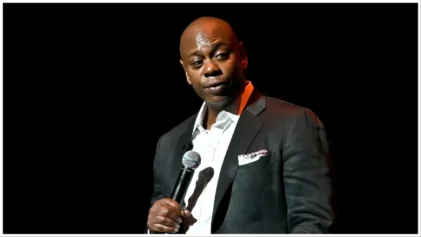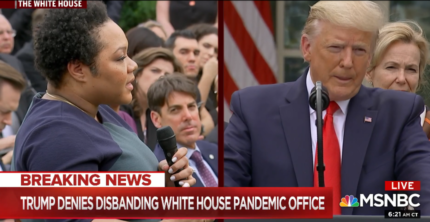Iran and world powers expect to announce an initial deal as early as Friday to curb Iran’s nuclear program in exchange for an easing of sanctions, a step that would mark the first breakthrough in a decade to blunt the threat of Tehran developing nuclear weapons, according to the Wall Street Journal.
Secretary of State John Kerry will fly to Geneva on Friday to complete the deal, the State Department said. President Barack Obama described the emerging agreement Thursday in an interview with NBC News, saying that if Iran doesn’t live up to its end, “we can crank that dial back up” on sanctions.
The two sides were jointly preparing a draft agreement ahead of a likely announcement, said Iranian and Western officials, although the plan could still unravel. The White House already faces major opposition both from its allies in the Middle East and members of Congress. Israel, in particular, has been deeply skeptical.
“The proposal would allow Iran to retain the capabilities to make nuclear weapons. Israel totally opposes these proposals,” Israeli Prime Minister Benjamin Netanyahu said Thursday. “I believe that adopting them is a mistake of historic proportions.”
Obama administration officials cast the negotiations as a last, best chance to pull Iran back from the nuclear threshold, giving negotiators time to pursue a more sweeping accord, according to the New York Times.
Proponents say the deal has the potential not just to prevent Iran from building a nuclear weapon but to open the way to a historic warming of relations between the nations, though American officials say there is no indication so far that Iran is willing to alienate traditional allies like the Shiite militant group Hezbollah or President Bashar al-Assad of Syria.
The outburst of controversy even before an agreement has been reached illustrates the tremendous difficulties the Obama administration faces in keeping a coalition together, especially one including Congress, throughout what promises to be a long and difficult diplomatic path to pursuing broader constraints on Iran’s nuclear operations, the Times reported.


